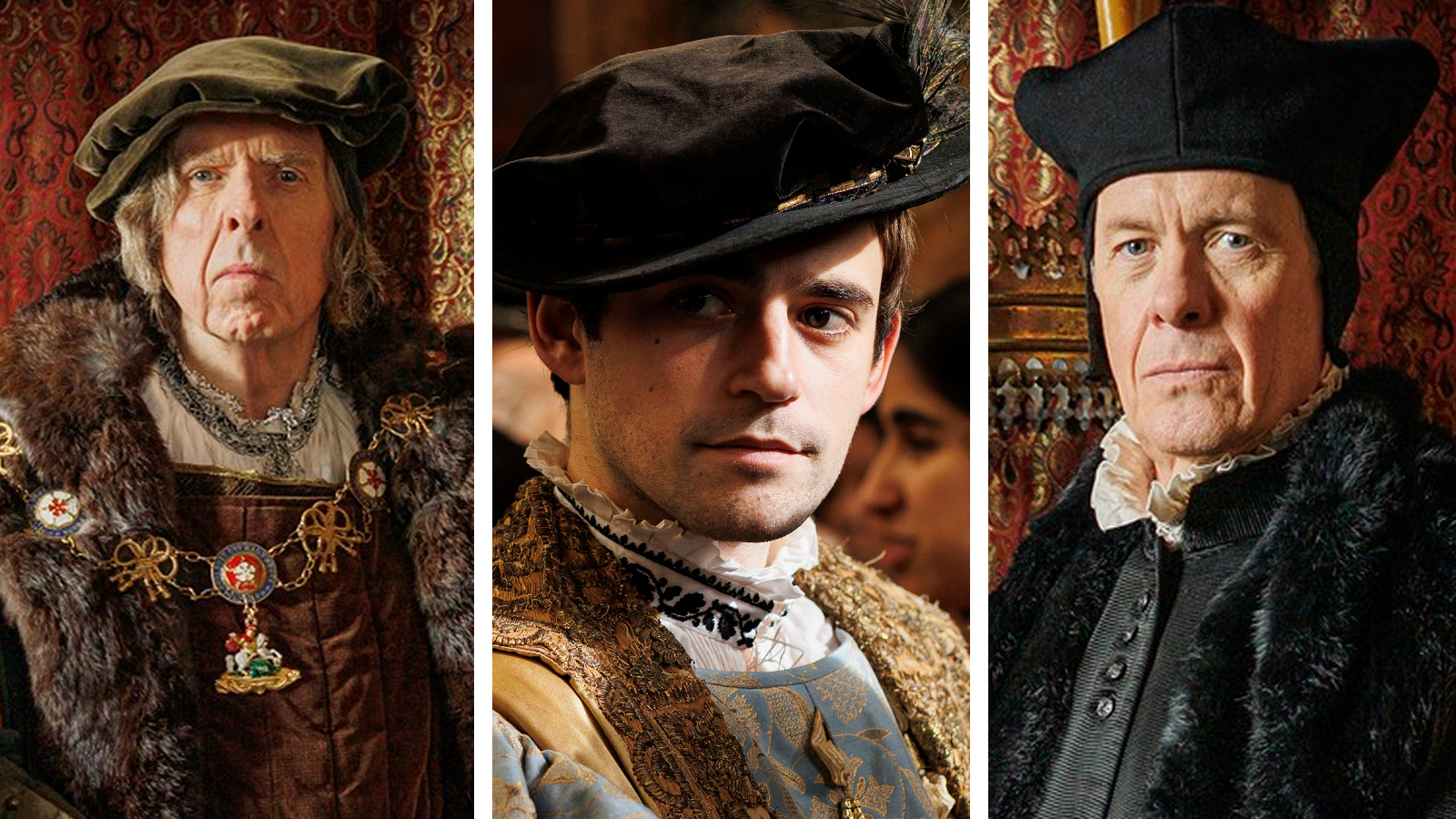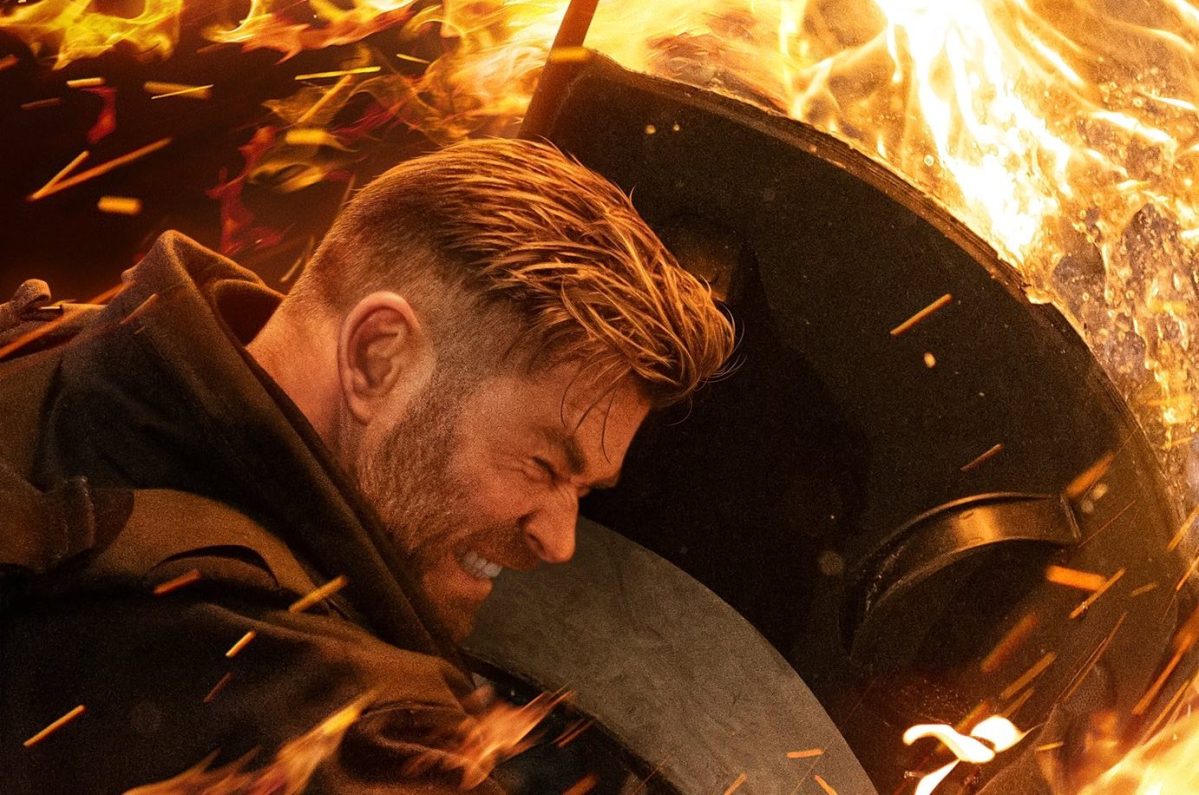Star Trek: Picard is a messy and awkward story of a father trying to make things right.
Pop culture narratives have long fixated on the relationship between parents and children, but most often from the perspective of the child. The original Star Wars trilogy hinges on Luke Skywalker’s (Mark Hamill) efforts to redeem the idea of his father. Almost every classic superhero story has an absent (or deceased) parental figure.
Regular Star Trek characters like Spock (Leonard Nimoy), William T. Riker (Jonathan Frakes), Deanna Troi (Marina Sirtis), Odo (Rene Auberjonois), Julian Bashir (Alexander Siddig), Tom Paris (Robert Duncan McNeill) and Jonathan Archer (Scott Bakula) are defined to an extent by complicated relationships with their parental figures. In each case, the central character is the child.
In recent years, pop culture has slowly shifted the emphasis in its portrayal of these relationships, increasingly looking at relationships between parents and their adult children from the parent’s perspective. Liam Neeson has built a genre around these kinds of stories, including the Taken franchise, Run All Night, and even Cold Pursuit.
There are plenty of examples. In The Rise of Skywalker, Kylo Ren (Adam Driver) is redeemed by his mother Leia (Carrie Fisher) and his father Han (Harrison Ford), inverting Luke’s interventions with his father in Return of the Jedi. In Bad Boys for Life, Mike Lowrey (Will Smith) not only finds himself acting as mentor to a team of young officers, but also reconciling with an adult son (Jacob Scipio).
Picard clearly belongs to this genre. It is largely defined in terms of parents and children, with the series placing a great deal of thematic and narrative emphasis on the parents’ side of the equation. Most notably, the entire plot hinges on the efforts of Jean-Luc Picard (Patrick Stewart) to do right by Dahj and Soji Asha (Isa Briones), the twin daughters of his deceased friend Data (Brent Spiner).

The older cast members are all parents who have failed their children. Seven of Nine (Jeri Ryan) was forced to euthanize her surrogate son Icheb (Casey King) after organ traders harvested him for parts. Riker and Troi watched their son Thaddeus die from a rare disease. Raffaela Musiker (Michelle Hurd) is a recovering alcoholic with a strained relationship with her son Gabriel (Mason Gooding). All these lost children represent lost futures.
The younger cast members are defined by relationships to failed father figures, for whom Jean-Luc Picard might act as a redemptive surrogate. This is most obvious with the young warrior Elnor (Evan Evagora), whom Picard abandoned as a child on the refugee world Vashti. Notably, one of Picard’s first actions on his quest is to repair that fractured relationship with the surrogate child he left behind.
Elnor is just the most obvious. Musiker is another disillusioned protege of Picard. Cristóbal Rios (Santiago Cabrera) is haunted by the moral transgressions and suicide of a man that he saw as a father. Doctor Agnes Jurati (Alison Pill) joins the quest looking for Bruce Maddox (John Ales), the mentor (and lover) who abandoned her. Even Narek (Harry Treadaway) and his sister (Peyton List) imply their relationship with their parents is strained.
Picard is notable for refusing to absolve its heroes of their failures. Repeatedly over the course of the series, Picard is called out for his transgressions – his hubris, his arrogance, his pride, the fact that he retreated from public life after his first major setback. There is even a sense that Picard accepts this, that his final mission is one of atonement, prompted in part by a terminal diagnosis from Doctor Moritz Benayoun (David Paymer).

This theme of parental failure extends beyond characters. Picard presents a universe where the ordering principles have broken down. The Neutral Zone has collapsed. The Borg Collective seems to have fallen into disarray. The Federation is no longer keeping the peace. Picard cannot even count on Starfleet to support his mission, turning to mercenaries and decommissioned officers.
The allegories are not subtle. If The Next Generation spoke to “the unipolar moment” at the end of the Cold War when the United States was a dominant superpower, then Picard speaks to the way that the modern United States has retreated into isolationism and forsaken its international responsibilities. Picard speaks to a world in which the United States is no longer a moral leader.
Picard is awash with political allegories. Patrick Stewart has acknowledged that the show is in part about the dismantling of the established international order in the wake of Trump or Brexit. In many ways, it is explicitly about how the utopian and idealized future that The Next Generation promised at the end of the Cold War has been allowed to slip away.
It’s notable that the two major alien species in Picard are long-standing allegories for the United States. The Romulans have long been treated as the shadow-self of the Federation, the “Roman Empire in Space” playing on the cliché of America as a modern Roman Empire. (Star Trek really liked its space! Romans.) It’s notable that the first season of Discovery revived the Terran Empire, another Rome-inspired counterpoint to the idealized Federation.
The Romulans were introduced as the first major enemy that humanity faced in the cosmos, “the Earth-Romulan War” becoming a cornerstone of the franchise mythology. When Star Trek: Deep Space Nine uses the Romulans, it was to underscore that the Federation was just as much “a 24th century Rome.” They even grew themselves a clone of Picard in Star Trek: Nemesis. They are a mirror.

Similarly, while it is possible to read the Borg as an allegory for the threat of totalitarian communism, they have historically been used as a metaphor for expansionist globalization, unstoppable and unyielding hegemony. Deep Space Nine even explicitly likened them to the Federation. Again, they have become a dysfunctional and disorganized mess.
The world that these powers promised their children has collapsed. Many modern crises are defined in generational terms. In 2016, older and younger voters were starkly divided on their support of Donald Trump. The Brexit referendum was carried by older voters. This is a source of generational conflict, creating a generation of young people who have to live with choices that they rejected.
At its heart, Picard is the story of a parent trying to make things right. The climax of the story hinges on an entire planet populated by androids, effectively a child race created by humanity. Picard tries desperately to convince the Federation to take responsibility for these children and to protect them from the Romulans.
Picard hearkens back to the original Star Trek in a number of ways. The universe is a chaotic and insane place, with Narek’s account of the end times evoking the fear of communal insanity that ran through classic episodes like “Return of the Archons” or “Operation — Annihilate!” The planet of androids (tied to Lovecraftian horror) suggests Robert Bloch’s work on “What Are Little Girls Made Of?”
Most obviously, this generational conflict is an idea rooted in the 1960s. When the Romulans attack the android colony, the androids respond by meeting Romulan guns with giant flowers, restaging the March on the Pentagon for the 24th century. The androids have even mastered the Vulcan mind meld, itself an expression of 1960s psychedelic consciousness expansion. This is part of a larger set of shared themes with Discovery, which features a ship literally powered by magic mushrooms.

This fits with a general sense that the late 1960s reverberate through the present. It also provides context for the generational conflict at the heart of Picard. The younger characters in Picard are all angry at the parental figures who have failed them, and those parents themselves accept responsibility for that failure.
This taps into a common set of anxieties. Studies suggest that many Americans are earning less than their parents did. Only 37% of American parents believe that their children will be better off than they are. Even beyond the economy, it’s common to see teenagers and young adults organizing to protest the older generation’s failure on everything from gun control to the environment.
Like The Last Jedi, Picard is a story about its hero coming to terms with that failure. Like Luke Skywalker, Picard ultimately sacrifices himself to protect those under his care. In doing so, he also helps the individual characters to heal their own wounds. Rios learns to trust a commanding officer again; Seven learns she is stronger as part of a collective.
Picard suffers slightly for pulling its punches. Despite some dialogue between Picard and Rios, the plot is structured to let the Federation off the hook for its failure of moral leadership by blaming a Romulan conspiracy for the events of the series. The last-minute arrival of Starfleet cavalry during the finale feels unearned and somewhat trite. Jurati doesn’t face the consequences of her actions.
Most crucially, Picard refuses to honor the sacrifice of its lead character. Picard accelerates the degeneration of his health to allow him to intervene at the climax, leading directly to his death. However, he is promptly resurrected inside an android body. While this works as a thematic union of human and machine, it is also a cop-out in terms of the character’s arc. The second season awaits, after all.
Picard offers a moving story of a father figure trying desperately to make things right, offering his own twist on the Campbellian atonement with the father. Its biggest flaw is its refusal to acknowledge that gracefully ceding the stage is an essential part of that reconciliation.














Published: Mar 29, 2020 6:00 PM UTC